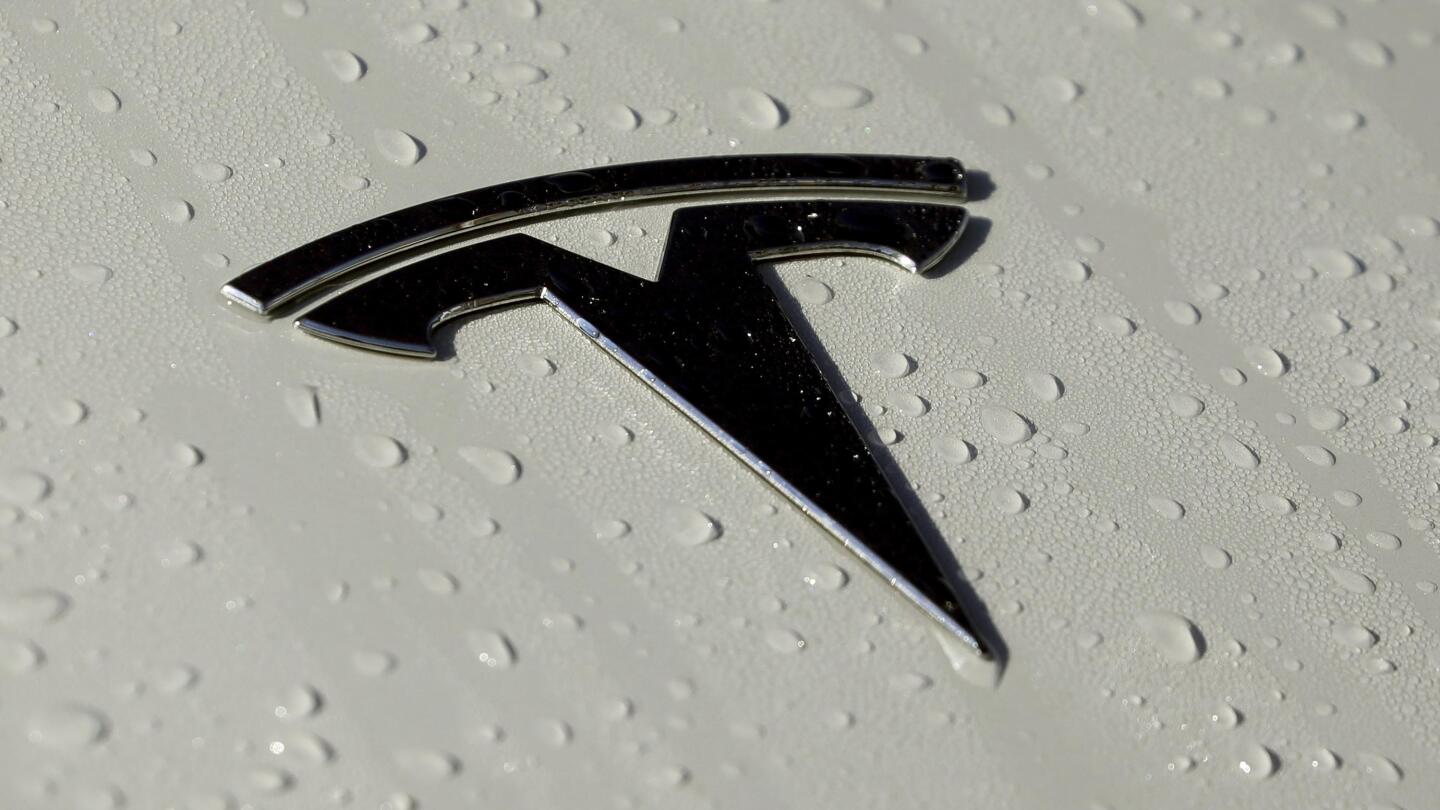From July 20th, 2021, to May 21st, 2022, there were 273 crashes involving Tesla vehicles using Autopilot, according to the report. The EV company’s crashes represent the bulk of the total 392 crashes reported during that period.
Other automakers didn’t come close to Tesla’s number of reported crashes. Honda, which sells its ADAS features under the brand “Honda Sensing,” disclosed 90 crashes. Subaru, which packages its ADAS under “EyeSight,” reported 10 crashes. Ford disclosed five crashes, Toyota reported four crashes, BMW reported three crashes, and General Motors, maker of Super Cruise, only disclosed two crashes. Aptiv, Hyundai, Lucid, Porsche, and Volkswagen each reported one crash.



